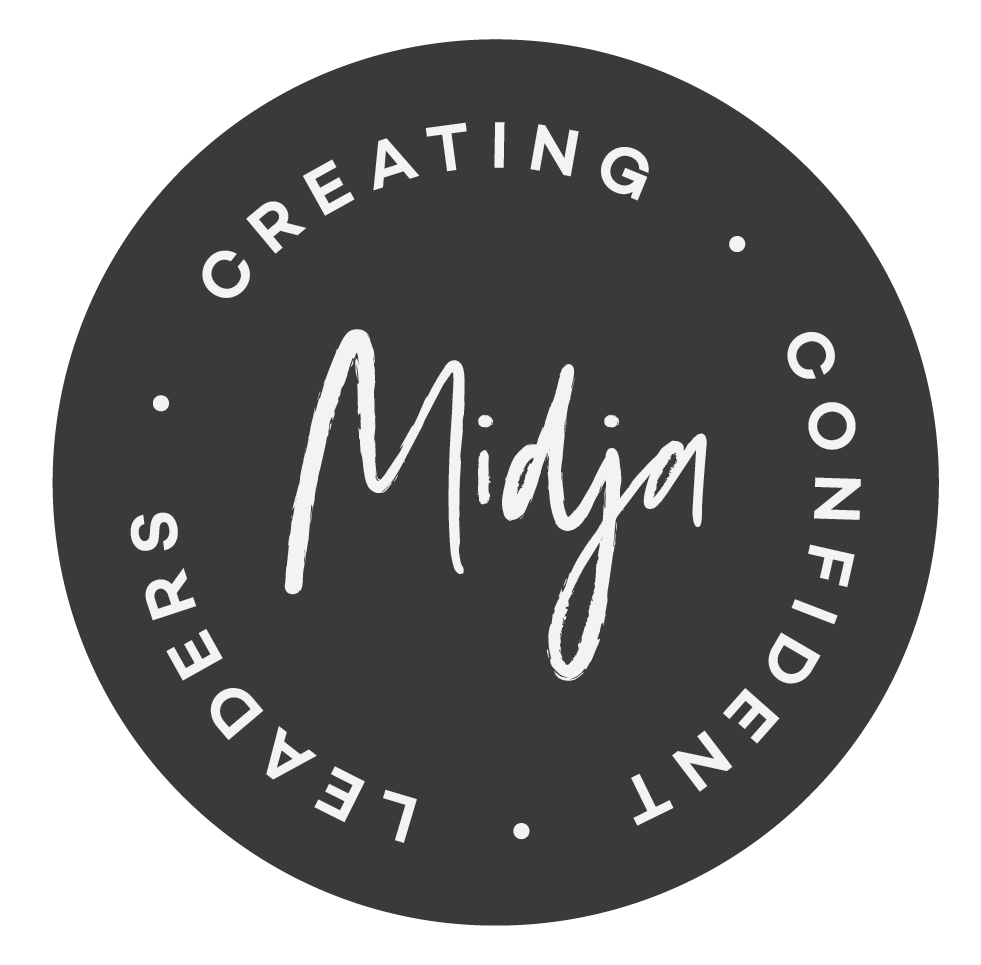Why Great Leaders Experiment Like Scientists
Over the past few weeks, I’ve developed a rather nasty eye condition. Both eyes have been swollen, red and itchy and without make-up I look like I’ve aged about 10 years overnight. Not great!
Last week, I went to see my local GP who has been our family doctor for nearly 20 years, so as you can imagine he knows me very well. He asked me whether I was up for an experiment. My reply was immediately ‘of course’. So, he gave me one cream for one right eye and a different cream for my left eye. He said ‘use these for a week and then come back and see me. Let’s see what happens.’ Love this!
Fortunately, both creams have worked well, so I haven’t ended up with a lopsided face or any other ghastly side effects but for me my GP’s approach reminded me of the power of experimenting.
“When there’s no experimenting there’s no progress. Stop experimenting and you go backward. If anything goes wrong, experiment until you get to the very bottom of the trouble.”
- Thomas A. Edison
When I’m working with a client through a leadership issue, whether it’s an issue with a team member, their leader, a client or a process, I always take the approach of ‘let’s keep this open, fun, light and let’s experiment.’
It’s just like those chemistry experiments you did at school. You take a number of elements, put them together in a particular environment (for example heat them or freeze them) and see what reaction you get. If you change the quantity of just one of the elements, the outcome will be different. If you change the environment, the outcome will be different.
As a leader, in order to solve complex people and process problems, you have to experiment. There has to be a ‘safe-to-fail’ culture, where you can fail faster and learn very quickly what works and what doesn’t. You have to understand how and when to apply different leadership approaches, while still being real and authentic.
If you want different results, you have to try something different. It’s about challenging the status quo and asking ‘what else is possible?’ You have to be prepared to step out of your comfort zone in your leadership role and put on the white lab coat and the protective eye wear.
Just like the chemistry experiment, sometimes you need a little bit more or less of a particular element. Sometimes you need to be more directive, sometimes you need to stand back and be more curious. Some situations need you to act quickly, at other times slow and steady is the best approach. In some instances, all it takes is a change in the environment to change the result.
So, how can you experiment more in your role in order to solve problems and grow as a leader:
Identify real life business problems. Your most pressing issues. They might relate to people, strategy, culture, processes or structure.
List all the current elements of the problem including the environment.
Develop a hypothesis. If I change this, then the outcome will be this. A hypothesis will give you structure to your experiment and possible next steps to try.
Give it a go. Fail often and fail fast.
As a leader in today’s world, you have to be a bold thinker. You have to be leading innovation and creativity in your team and organisation. By focussing on constant experimentation, you will strengthen your leadership capability and skill set, becoming a confident, courageous and agile leader.
Happy Monday!
Midja x
